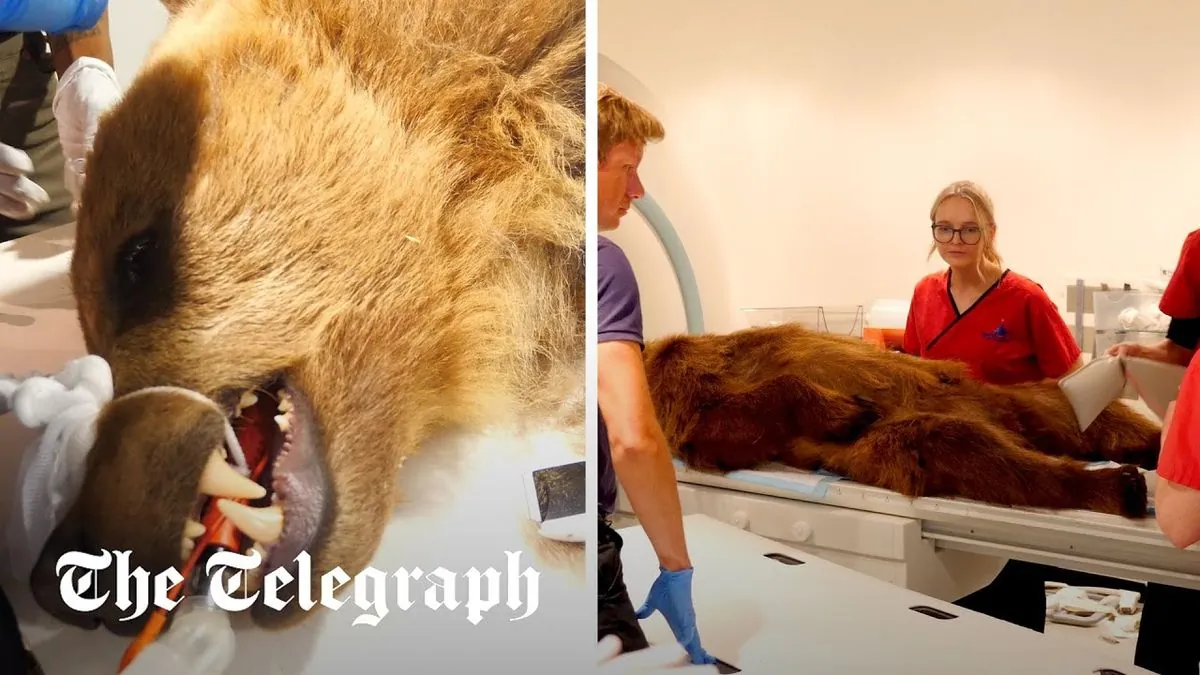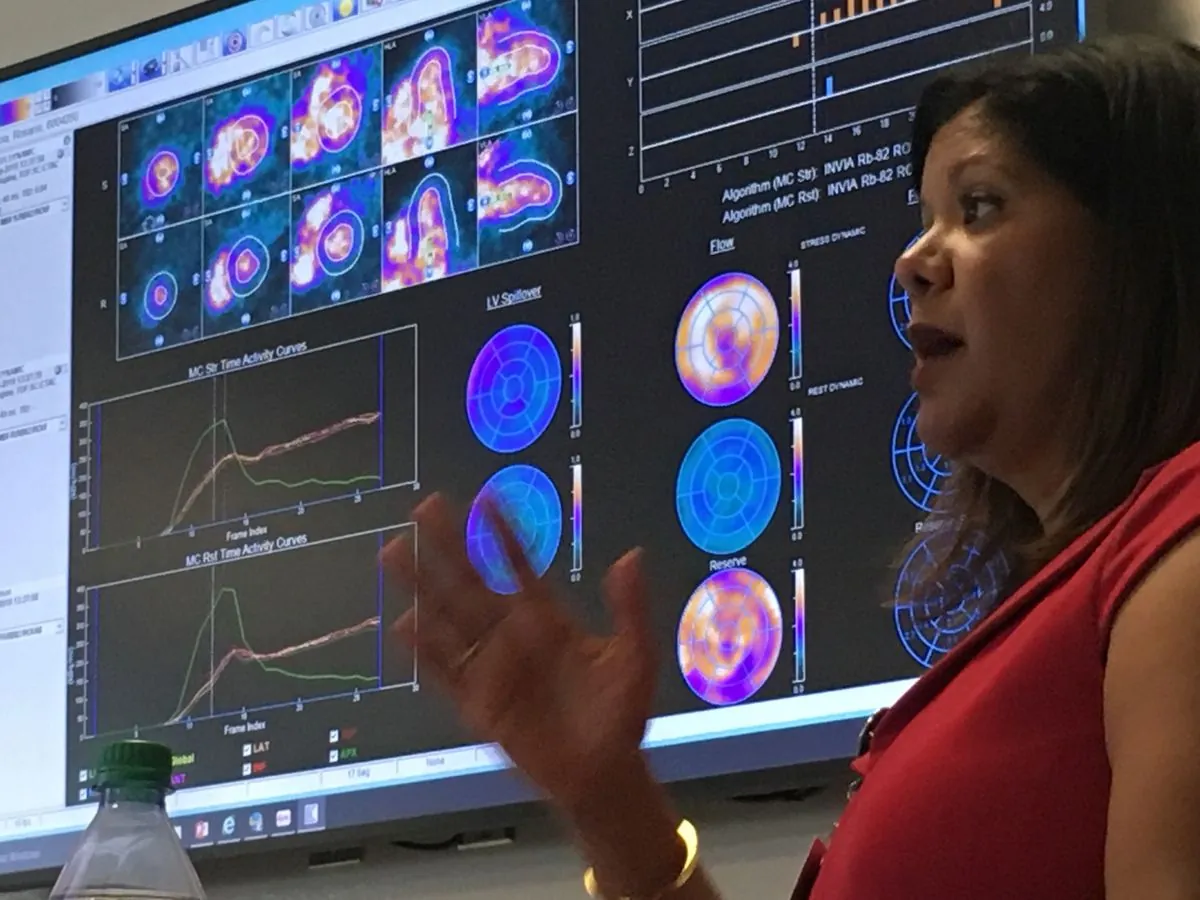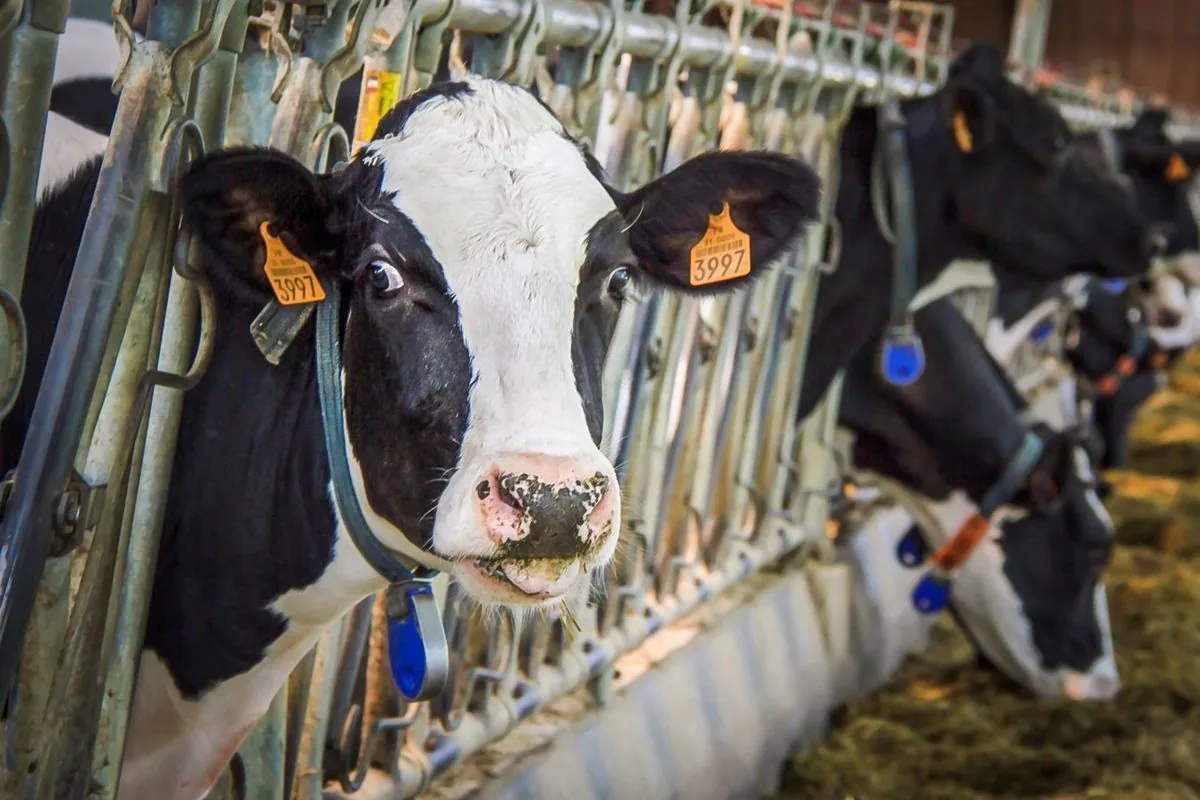Pioneering MRI Scan for British Brown Bear Boki Offers Hope
A 115kg brown bear named Boki becomes the first in Britain to undergo an MRI scan, addressing seizures and health issues. The groundbreaking procedure at Wildwood Trust aims to improve the beloved animal's quality of life.

In a groundbreaking medical procedure, Boki, a three-year-old brown bear weighing 115kg, has become the first of his species to undergo an MRI scan in Britain. This innovative approach aims to address the seizures and other health issues affecting the beloved animal at the Wildwood Trust in Canterbury, Kent.
Mark Habben, Wildwood's director of zoo operations, emphasized the urgency of finding the cause of Boki's seizures, stating, "It's an absolute priority to give him the help he needs." The charismatic bear has captured the hearts of staff and supporters alike, making his well-being a top concern for the wildlife park.
The journey to obtain advanced medical care for Boki presented significant challenges. Transporting a bear of his size required meticulous planning for the 100-mile trip from Herne Bay to the veterinary practice in Surrey. This feat highlights the dedication of the Wildwood team to ensuring the best possible care for their animals.

To prepare for the procedure, Becky Copland, the head of animal training, implemented a comprehensive conditioning program. This preparation was crucial to ensure Boki's cooperation during the scan. The bear was familiarized with his transportation crate and taught to present his leg for anesthesia administration. Copland noted the success of their efforts, saying, "The whole procedure went really well, and he went to sleep quickly."
The MRI scan, which lasted about an hour, focused on Boki's head to investigate the cause of his seizures and associated health concerns. The medical team used honey water to help deliver the sedative, showcasing the innovative approaches used in wildlife veterinary care.
Brown bears, known for their intelligence and problem-solving abilities comparable to great apes, have excellent memory and can remember food sources for years. This cognitive capacity underscores the importance of addressing Boki's neurological issues promptly.
Nicola Bromley, the hospital director, expressed the team's commitment to providing exceptional care, regardless of whether their patients have "paws or claws." This sentiment reflects the growing recognition of the need for advanced medical treatments in wildlife conservation efforts.
As the Wildwood Trust awaits the results of Boki's scan, the next steps in his treatment remain to be determined. This pioneering procedure not only offers hope for Boki but also paves the way for improved medical care for other large wildlife species in captivity.
Boki's journey began at Port Lympne Reserve Park, where he was hand-reared by keepers after being rejected by their brown bear group. This early human interaction may have contributed to his friendly and charismatic nature, which has endeared him to everyone at Wildwood Trust.
Brown bears, the most widely distributed bear species, play crucial roles in ecosystems by dispersing seeds and regulating prey populations. While considered a species of least concern by the IUCN, they face threats from habitat loss and human conflict. Boki's story highlights the importance of specialized care for captive wildlife and the potential for medical advancements to improve their quality of life.
"Boki is loved by absolutely everyone. He's really charismatic and friendly and has captured the hearts of not just the staff but every one of our supporters as well."
As we await the results of this groundbreaking scan, Boki's case serves as a testament to the evolving field of wildlife veterinary care and the lengths to which conservationists will go to ensure the well-being of animals in their charge.


































